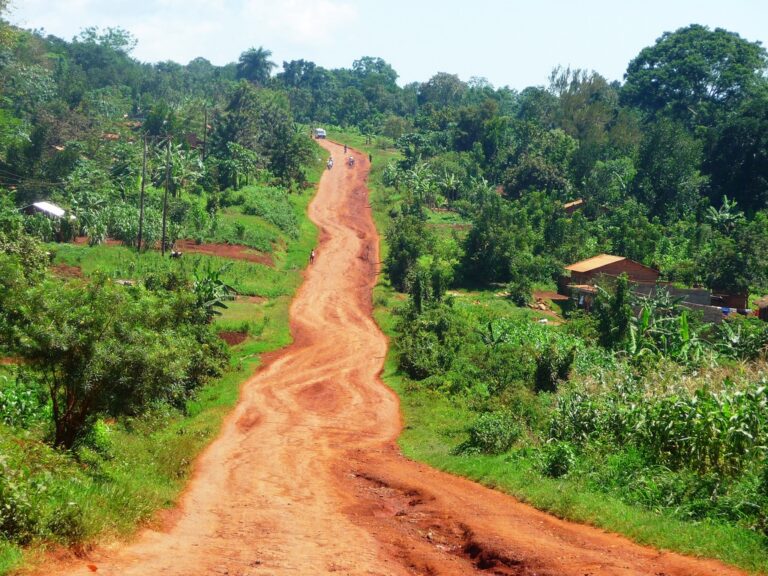Parliament has approved the government’s request to borrow US$15.22 million and US$73.15 million from the African Development Bank Group for the construction of the Laropi-Moyo-Afoji Road and the Katuna-Muko-Kamuganguzi Road, respectively.
The decision was reached during a plenary session on Thursday, 9 January 2025, chaired by Speaker Anita Among.
Loan Objectives and Project Scope
The loans aim to fund road construction projects intended to boost tourism, improve access to mines, and enhance regional connectivity. The scope includes:
- Road and bridge civil works, including a permanent bridge at Laropi.
- Establishment of a one-stop Uganda-South Sudan border post.
- Institutional support and project implementation services.
- Compensation for people affected by the projects.
The project, originally approved in August 2020, remains unchanged, according to the Minister of State for Finance, Planning, and Economic Development (General Duties), Hon. Henry Musasizi.
Loan Terms
The US$73.15 million loan from the African Development Fund will be repaid over 50 years, with a 10-year grace period. While it carries no interest, it includes a 0.1% annual service charge on the disbursed balance.
The Chairperson of the Committee on National Economy, Hon. John Bosco Ikojo, highlighted the broad national impact of the loan, covering three regions in Uganda.
Additional Loan for Water Project
Parliament also approved borrowing Shs171.63 billion (approximately US$46.46 million) from Agence Française de Development (AFD) for the Lake Victoria Water and Sanitation Project.
The funds will expand the distribution network, improve the New Katosi Water System, and increase access to clean water in the Greater Kampala Metropolitan Area (GKMA).
Fiscal Implications
The newly approved loans increase Uganda’s external debt exposure by US$252.83 million, raising the public debt-to-GDP ratio by 0.13%.
Despite this, Musasizi assured Parliament that the debt remains manageable under the Charter of Fiscal Responsibility.
These loans represent a significant investment in Uganda’s infrastructure and water services, with the potential to drive regional connectivity, economic growth, and public service delivery.
However, their impact on the country’s debt sustainability will require continued monitoring.

